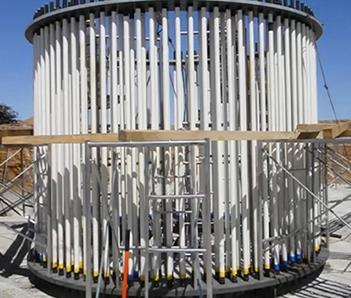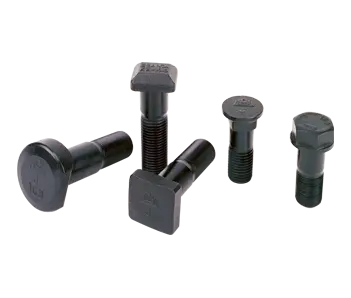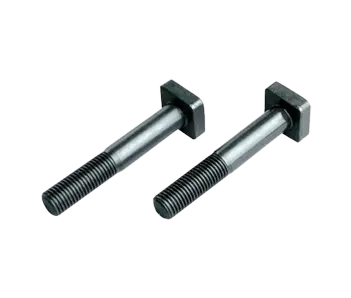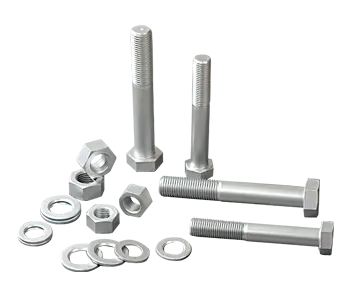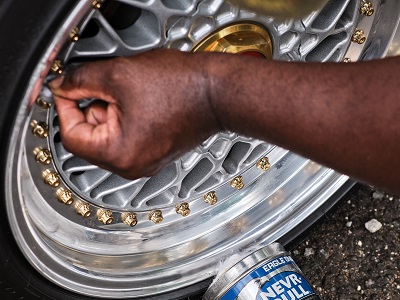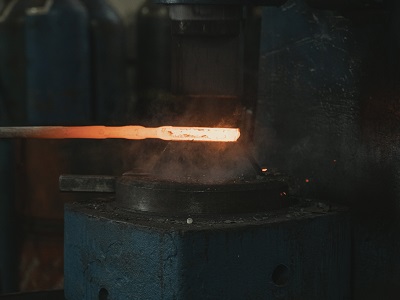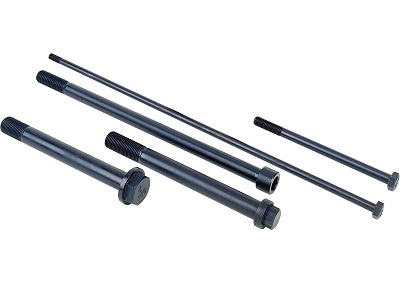
Hydrogen embrittlement is a serious problem,it can cause changes in the structure of materials and lead to a sharp decrease in mechanical properties. Despite decades of in-depth research, there are still many uncertainties about hydrogen embrittlement.
Materials that are most susceptible to hydrogen embrittlement include high-strength steel, titanium alloys, and aluminum alloys. The entry of hydrogen into metals and alloys is an important factor in the formation of hydrogen embrittlement. This process itself is quite complex, and the rate of hydrogen entry also depends on many variables. In addition to corrosion, the sources of hydrogen also include steelmaking processes, improper lubricant decomposition, heat treatment environments, welding processes, and mechanical processing in humid environments. Furthermore, the majority of embrittlement risks seem to occur during the electrochemical surface treatment process.
1. Internal hydrogen embrittlement, which is caused by the excessive absorption of hydrogen gas by metal materials during smelting, forging, welding, electroplating, or pickling processes;
2. Environmental hydrogen embrittlement, which is a brittle fracture produced under the combined action of stress and hydrogen atmosphere or other hydrogen-containing media.
Typical examples of hydrogen embrittlement occur in materials such as carbon steel and alloy steel. The strength or hardness of fasteners is a core parameter.
Bolts, screws, and studs with a tensile strength higher than 1000MPa, a core hardness higher than 320HV, and a minimum surface hardness of 450HV; high-strength fasteners such as self-tapping screws with a hardness greater than 40HRC; and elastic washers with a hardness greater than 40HRC are at risk of hydrogen embrittlement.
Hydrogen embrittlement in fasteners is a delayed brittle failure process. Fractures occur after installation and only occur on fasteners under tensile stress (with very few exceptions, such as some cold-formed special spring components that have residual tensile stress and may fracture even without installation). The level of tensile stress in fasteners is a decisive parameter as fasteners are more likely to experience hydrogen embrittlement fracture under high load forces. However, fasteners can also fracture even when the tensile strength is lower than the applied load. This failure occurs at some time after the fasteners are assembled. Typically, fractures occur several hours or days after fastener installation. Hydrogen embrittlement rarely occurs within seconds or months after assembly, and when it does occur, it happens suddenly without any warning or obvious signs. The failure of components during operation usually comes at a high cost.
The hydrogen embrittlement fracture surface exhibits non-ductile fracture. Experienced materials engineers generally use scanning electron microscopy for inspection, and the brittle fracture appearance is very similar to that caused by other causes of intergranular fracture.
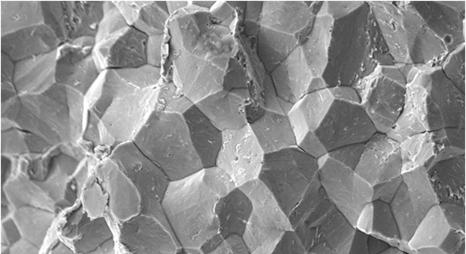
▲ Figure 1: Hydrogen embrittlement causing intergranular fracture in bolts
1. Hydrogen permeates into the fasteners.
2. Hydrogen in the fastener diffuses to high-tensile stress areas.
3. Hydrogen segregates to grain boundaries, inclusions, fractures, and other defects.
4. The critical hydrogen concentration is reached.
5. Cracks propagate from point 2 to point 5, until the fastener can no longer withstand the applied load force and eventually fractures.
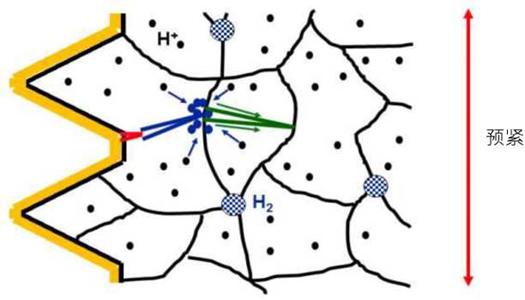
▲ Figure 2: Crack derived hydrogen seeping into fasteners
Jinan Zhongchuan Equipment Co., Ltd. is a well-known industrial fastener manufacturer, committed to delivering premium solutions for diverse industrial demands. Our focus lies in supplying meticulously engineered fasteners that adhere to the most stringent standards of performance and dependability. We welcome all interested individuals to reach out to us for their industrial fastener needs. Get in touch with us today!
